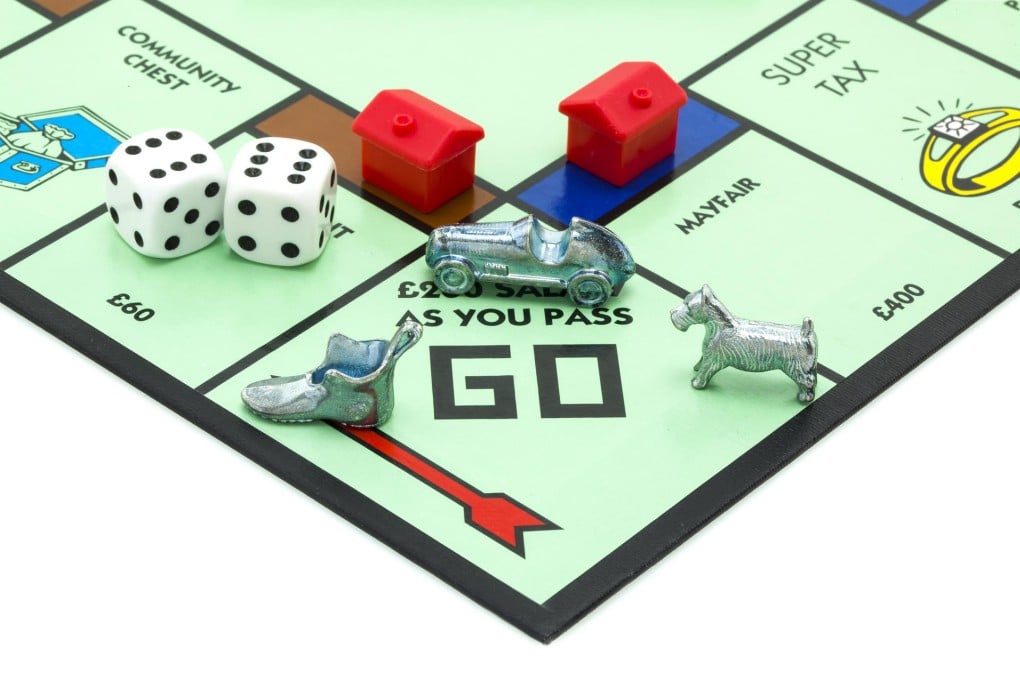How Monopoly came to dominate board games
As Monopoly hits two milestones, Richard Lord explores how the beloved board game has evolved from its unlikely origins

More than 275 million sets sold in 43 languages and 111 countries, with more than a billion players: Monopoly, it's fair to say, is pretty popular. And the world's favourite board game celebrates a double anniversary this year: it's 110 years since The Landlord's Game, the game that preceded Monopoly, was first invented, and 90 years since the September 1924 release of an updated version that for the first time closely resembled the current Monopoly board.
However, the original idea of the game was certainly not to illustrate the joys of property ownership and trading. In fact, American game designer Elizabeth Magie created The Landlord's Game for more or less the opposite reason: to illustrate the dangers of land-grabbing and of the monopolies it creates, with too much power being concentrated into one pair of hands (its explicit, rather high-minded aim was to illustrate the economic theories of Henry George, who favoured taxes based on land value).
It teaches you about life - there's a philosophical aspect to it. It's about people competing for limited resources
And in the 1970s, San Francisco State University professor Ralph Anspach created a game called Anti-Monopoly, which like the original game set out to dramatise the dangers of monopolies. But Monopoly is so enjoyable it has become a celebration of the very thing it's supposed to warn against.
Magie sold The Landlord's Game to toy and game giant Parker Brothers in 1935; by then Parker had already started selling Monopoly - but it was clearly influenced by The Landlord's Game. As part of the deal, the company continued to make The Landlord's Game until 1939, but it was massively outsold by its own offspring.

A board that even more closely resembles the current game was introduced in the 1930s, based on Atlantic City, New Jersey, and it quickly became the most popular board game in the US. "Many feel that it gained popularity because people were looking for an escape from the financial hardships they were feeling and it offered the fantasy of being rich," says a spokeswoman for toy company Hasbro, which took control of Monopoly when it absorbed Parker.